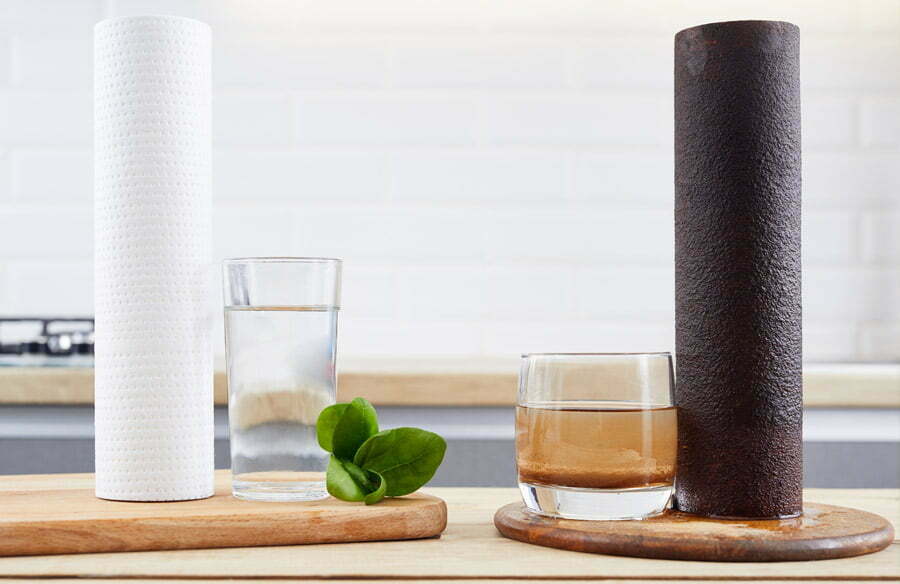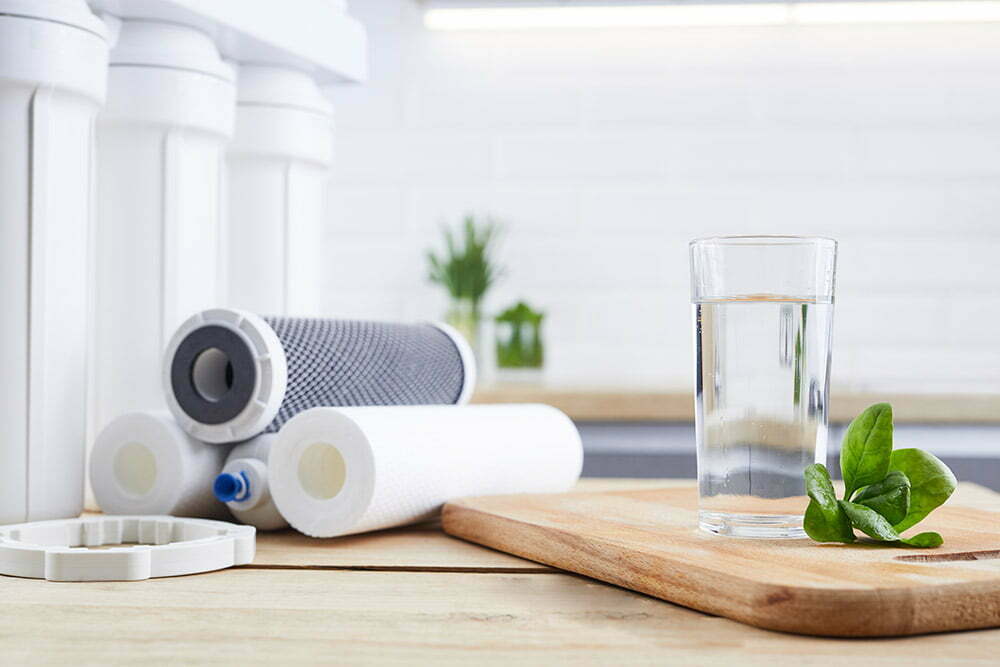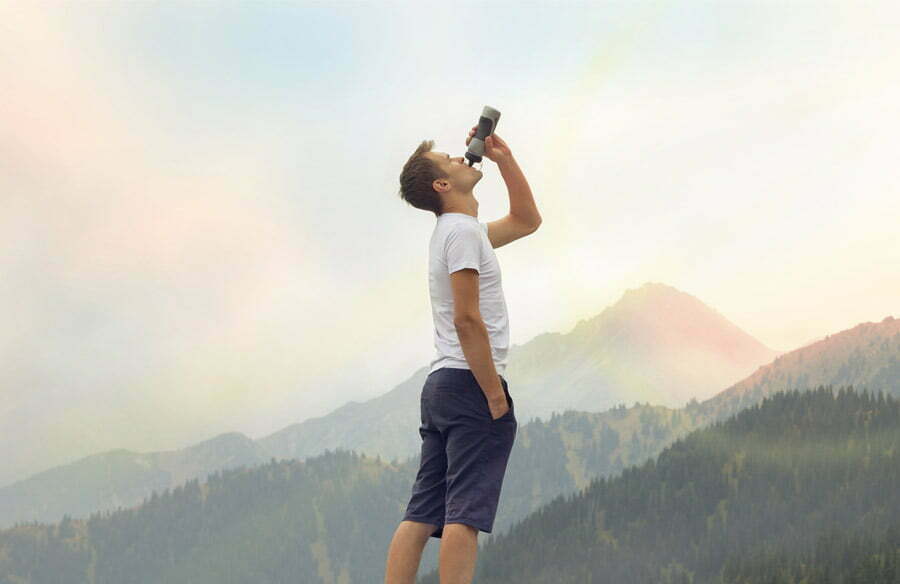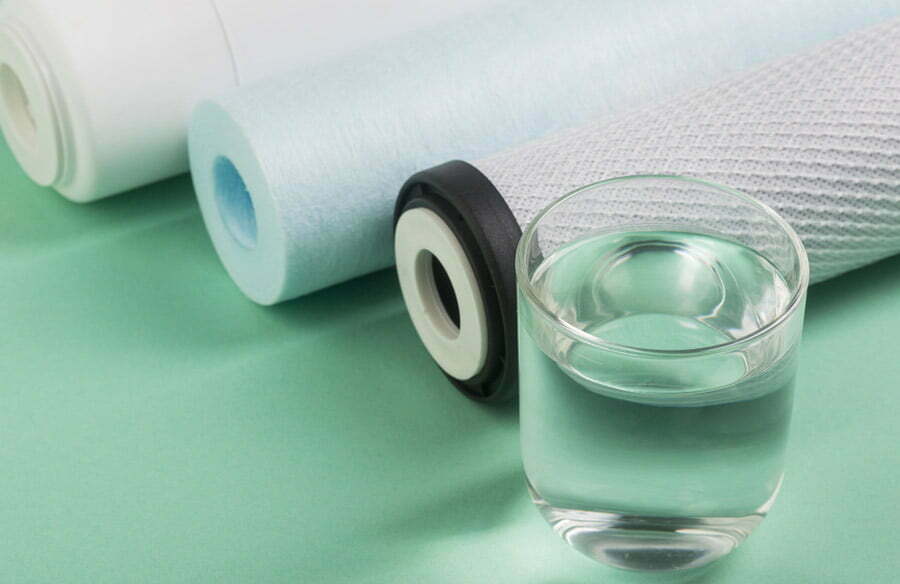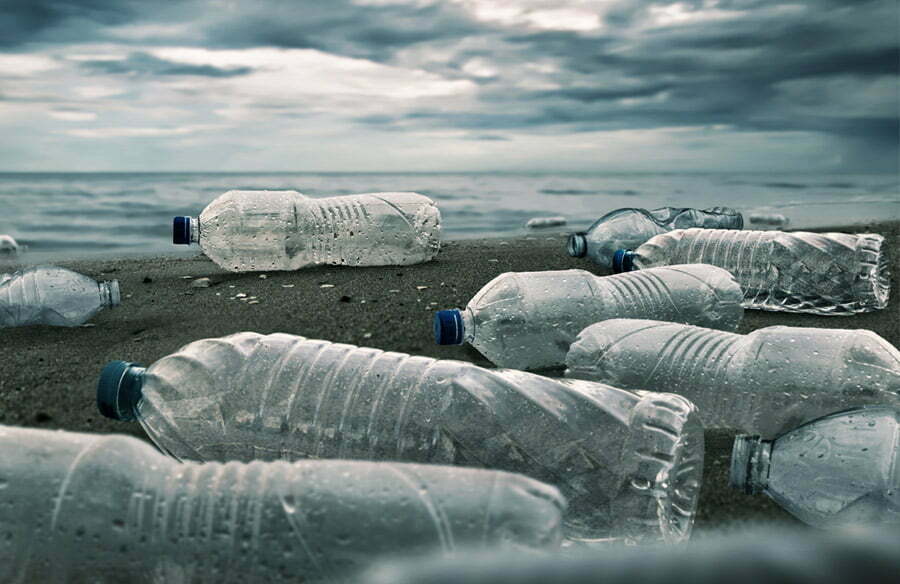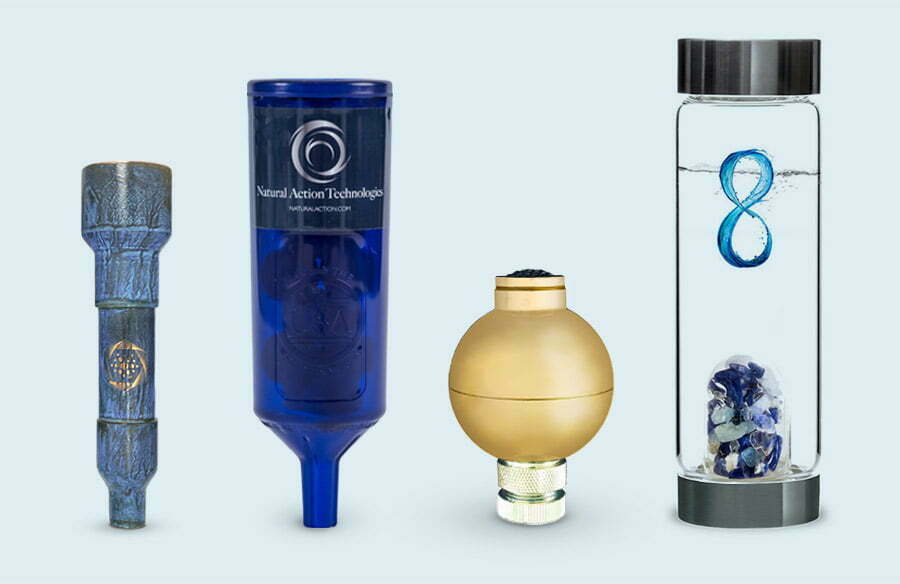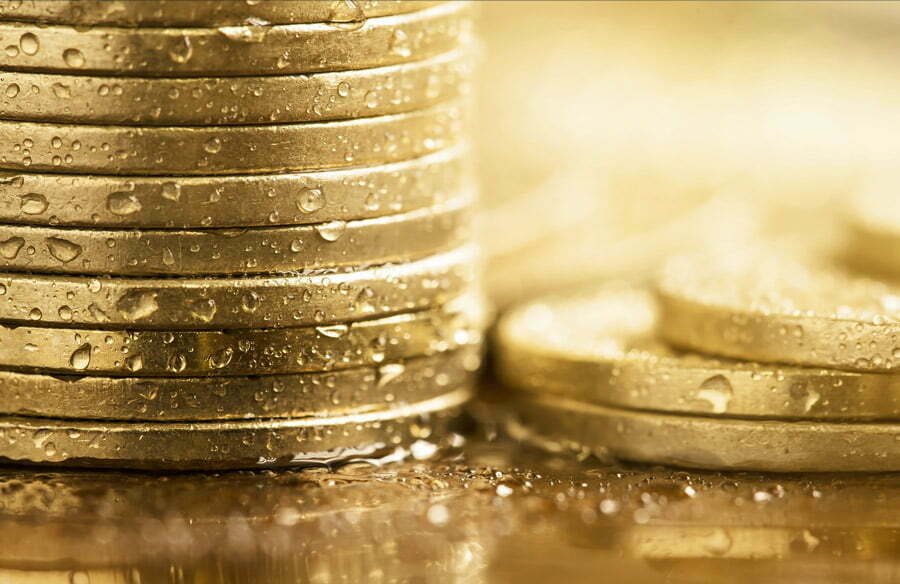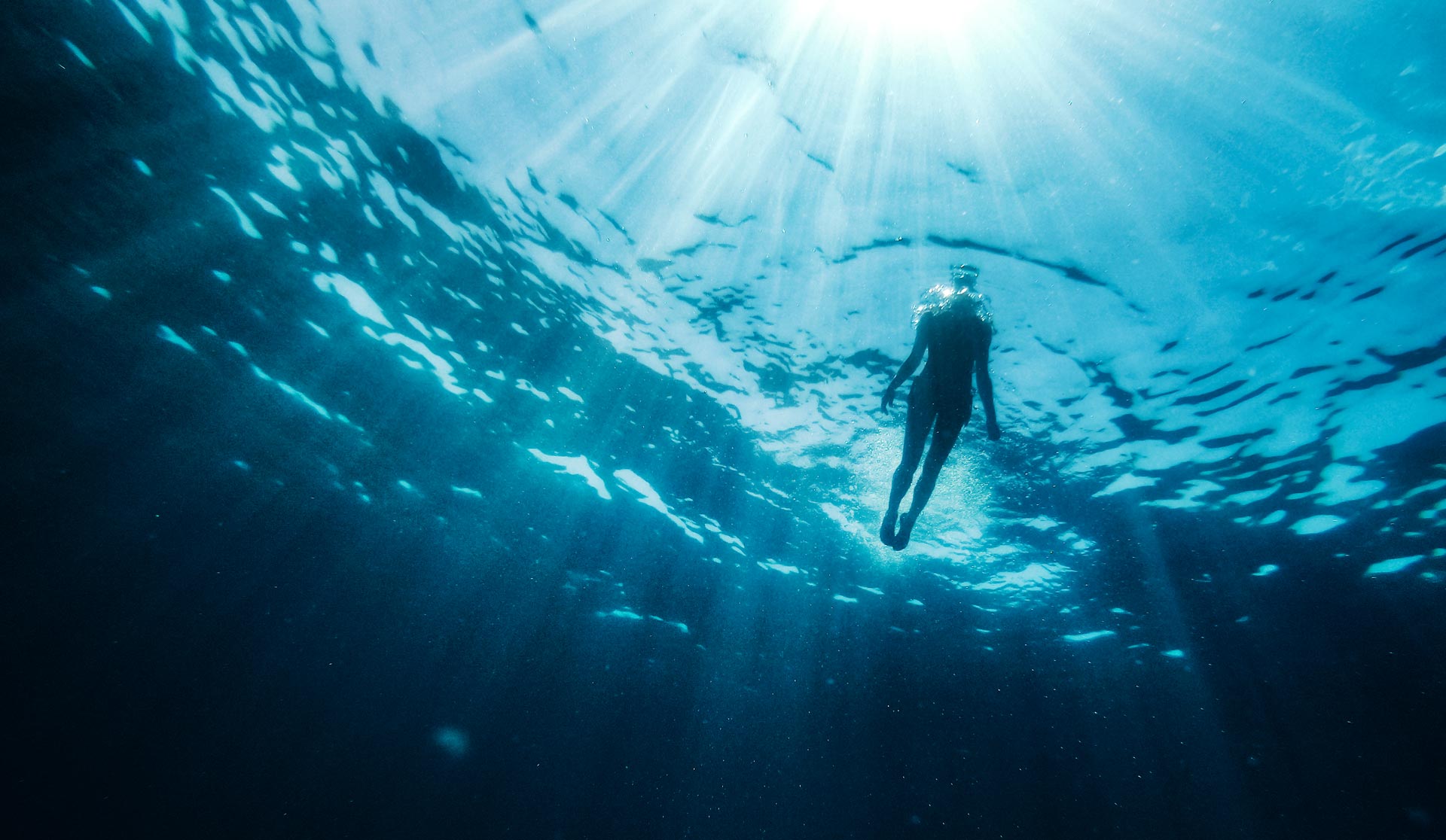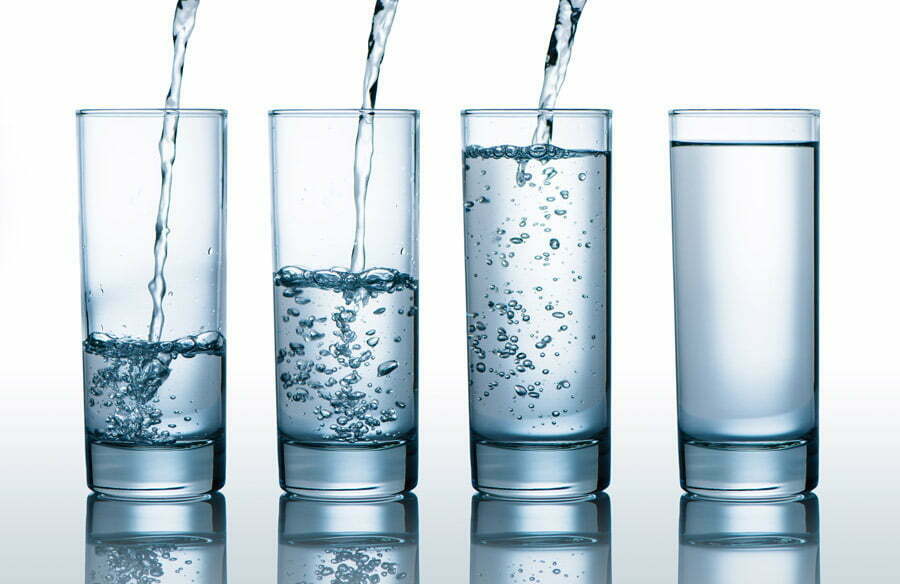An E filter serves as an A filter for many people as it removes chlorine and improves taste. As a gas, chlorine is lighter than water and it is also heavier than air. It will rise to the surface of your water when it is structured which means you may smell it. To get rid of chlorine, blow on the surface of your water or just wait a few minutes and it will go away.
With that said, an E filter is not an A filter for everyone as people have very different taste preferences. Our experience is that about 50% of people notice a significant improvement in taste when they add an E filter while about 5% don’t notice any change. The rest seem to be neutral on the topic. If you are in the group that prefers to add a traditional filter to impact taste, our advice is to stick with the Structured Water for a month and then if the issue persists send us an email support@thewellnessenterprise.com and we will send back our recommendation for traditional filters.
An E filter may also serve as a B filter for some people. We have read testimonials and know of people who have travelled abroad and used an E filter to drink water known to contain viruses and bacteria. Even though we believe this to be true, our caution is to be aware that the consequences of a B filter that fails can be life threatening. With that said, we remind you to ask water, yourself and spirit if it is safe for you to drink Structured Water in foreign lands and to follow your knowing. Some people have done it safely while others have not, so be sure to take the best precautions for yourself.
If you are already confident about the water you drink, Congratulations! You have one of the keys to hydration in place. If not, you may want to consider the information above as you discern what would it take for you to have a source of drinking water that gave you great confidence.


